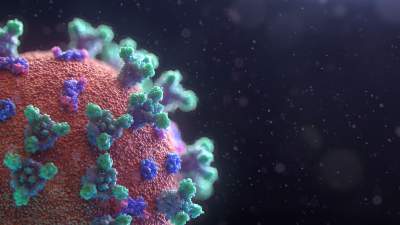It’s quite common for people to get perplexed while going for medical services provided by the CMS. What many medical service providers find confusing is dealing with Medicare’s incident to billing and split/shared services. ‘Incident to’ services are provided as part of physician’s personal professional services while diagnosing some illness or injury. Since the physician directly deals with the patient, these services are provided in a physician office setting. Shared services on the other hand deal with a medically necessary visit where a physician and a qualified non-physician practitioner each personally look into a considerable portion of E/M visits directly with the patient on the same day the service is rendered. Such services are delivered in the allowed hospital setting which could be further divided into hospital inpatient, hospital outpatient and emergency services.
Medicare incident-to billing prohibits the following encounters from ever happening:
- Office visit by a new patient
- Office visit by an old patient with a new problem
- Consultation services
- Emergency services
- Hospital inpatient/outpatient services
Medicare split/shared billing prohibits the following encounters from ever happening:
- Critical care services
- Consultation services
- Medical procedures
General requirements
| “Incident to” Visit | “Split/Shared” Visit |
| The physician services must be reasonable and necessary medically, and must be covered by NPP’s scope of practice as per the state law where he/she practices. It is also necessary to perform those services in collaboration with a certified physician. | The physician services must be reasonable and necessary medically, and must be covered by NPP’s scope of practice as per the state law where he/she practices. It is also necessary to perform those servicesin collaboration with a certified physician. |
| Non-physician practitioner must be employed by a physician, group of physicians, or physician’s employer. | Physician & Non-physician practitioners (NPP) are employed by the same employer. NPP must be documented and able to bill autonomously through the group. |
| Supervising physician must be present physically in the same office and be immediately accessible to render assistance if needed. | The physician provides a face-to-face segment of the E/M meeting with the patient. |
| Physician performed the first and subsequent services of a frequency that establish his/her active involvement in the course of treatment. | Split/shared visit may not be considered as a consultation service at all. |
| The professional identity of the staff that provides the service must be clearly specified. A physician co-signature can be useful to determine on-site supervision. | It is not enough for the MD to mention “seen and agree” or countersign the NPP’s note without sticking a separate physician note along. The physician must clearly specify whatever services he/she has provided personally. |
| The NPP note must indicate the reason for paying a visit, services provided, reference to the MD’s care plan as per a given date and follow-up plan, any discussion with the MD, and the name of the on-site MD. | Note confirming patient visit and recommendation with NPP’s note and care plan as specified, and duly signed by on-site MD. |
| Only one note by NPP is required. | NPP and MD notes are required separately. |
For more on Medicare documentation and billing prerequisites for incident to and shared visits, join expert speaker Elin Baklid-Kunz in a live audio conference, titled ‘Incident to & Shared Visits – Clearing Up the Confusion’ on Tuesday, April 4, 2017, 11 am ET. During this session, Elin will outline documentation and billing prerequisites for incident to and shared visits. Elin will also help you ensure that you follow and accomplish Medicare’s conditions for incident-to and split/shared services successfully.




